The following publications are available for download and/or at the Austrian Commission for UNESCO in limited quantities. Publications can be ordered by submitting the title and delivery address to oeuk@unesco.at.
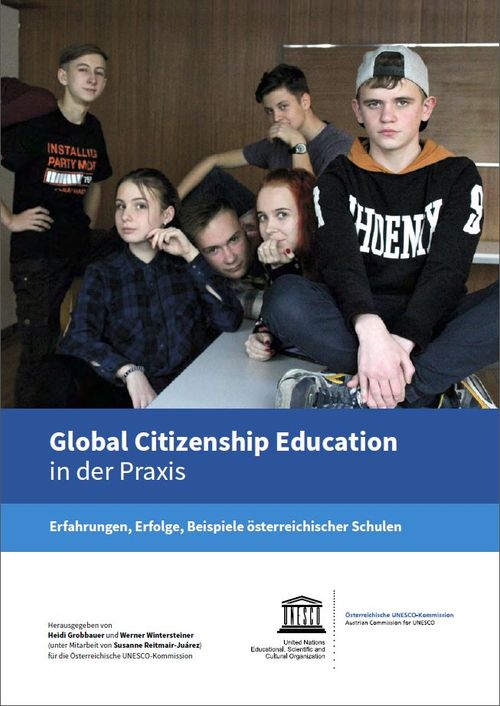
A School of Cosmopolitanism: Experiences with Global Citizenship Education in Classroom Practice
The brochure contains a number of good practice projects and school development processes concerning Global Citizenship Education (GCED). It is targeted predominantly at schools belonging to the Austrian UNESCO school network, and is intended to serve as an example. It also provides insights into activities regarding GCED in the field of education. In addition, it contains a guide with the criteria that should be taken into account when developing GCED schools and lessons.
- A School of Cosmopolitanism Experiences with Global Citizenship Education in Classroom Practice 6 MB (pdf)
Austrian Commission for UNESCO (ed.), 2019, 39 pages
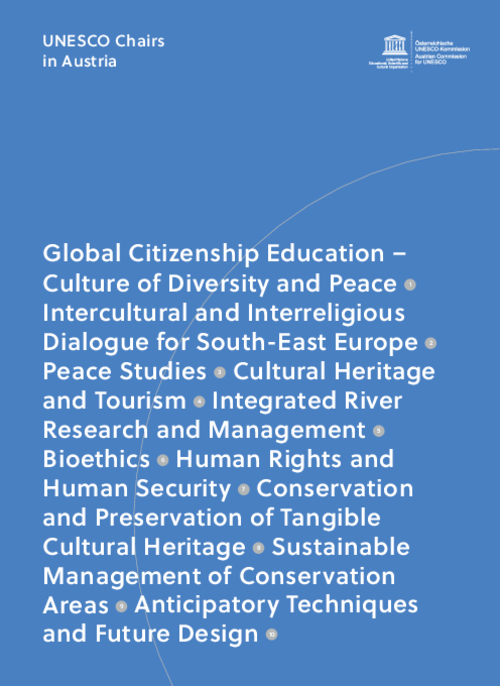
UNESCO Chairs in Austria
The UNITWIN/UNESCO-Chairs Programme was established in 1992, in order to anchor UNESCO's objectives within universities. It promotes research, training and development of universities by establishing academic networks and international cooperation between academic institutions. Over 700 institutions are part of the programme worldwide. Currentyl there are ten UNESCO-Chairs in Austria.
- UNESCO Chairs in Austria 5 MB (pdf)
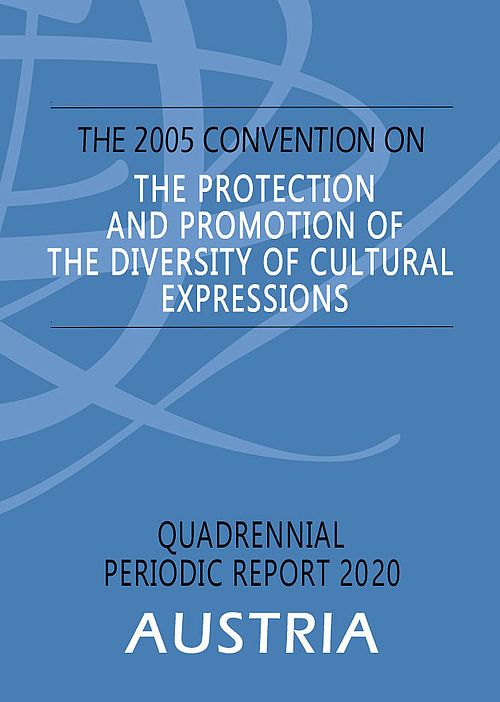
Quadrennial Periodic Report 2020 on the implementation of the UNESCO-convention on the diversity of cultural expressions
Austria, as a contracting party to the "UNESCO Convention on the Protection and Promotion of the Diversity of Cultural Expressions", is required to report to UNESCO on implementation measures taken over the period of four years (so-called "Quadrennial Periodic Report"). The report is formally determined by UNESCO guidelines, which define the structure and thematic priorities. The third State Report was submitted in 2020 and covers the period 2016-2019.
- 3. Quadrennial Periodic Report - Austria 639 KB (pdf)
Federal Ministry of Arts, Culture, Civil Service and Sport, Federal Ministry for European and International Affairs, Austrian Commission for UNESCO, 2020. 67 pages
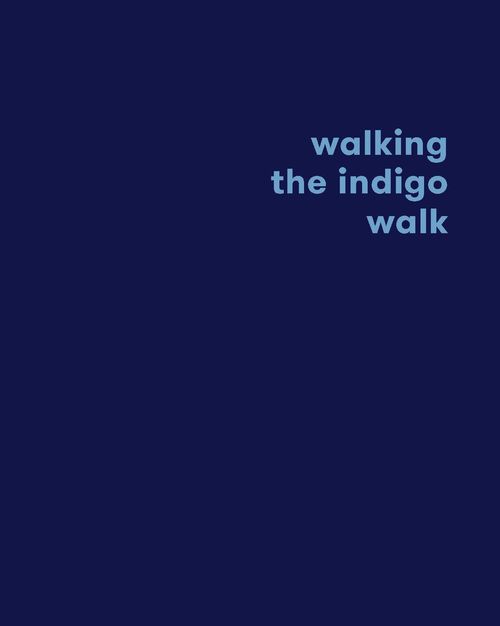
walking the indigo walk
The Austrian Commission for UNESCO initiated the international exhibition "walking the indigo walk", based on the multinational entry of manual indigo printing in the Representative List of the Intangible Cultural Heritage of Humanity. Exhibited at the railings around UNESCO headquarters in Paris, a total of 34 indigo-dyed textiles from 18 UNESCO member states were shown from 18-21 November 2019. The exhibition catalogue presents indigo textile designs from all over the world and casts a light on the craftspeople and artists.
- walking the indigo walk - exhibition catalogue 3 MB (pdf)
Austrian Commission for UNESCO (ed.), 2019. 43 pages
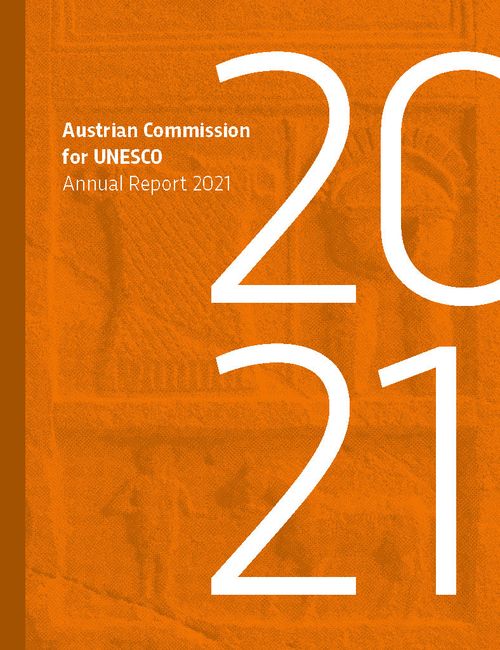
Annual Report of the Austrian Comission for UNESCO
The Annual Report of the Austrian Comission for UNESCO (ÖUK) gives an overview of UNESCO's programmes, informs about the range of tasks of the ÖUK and takes a closer look on selected key activities. The activity report is complemented by guest contributions from experts. Therein the social and political relevance of UNESCO issues for Austria being analysed.
- Annual Report 2021 3 MB (pdf)
Austrian Commission for UNESCO, 2022, 48 pages - Annual Report 2020 3 MB (pdf)
Austrian Commission for UNESCO, 2021, 48 pages - Annual Report 2019 3 MB (pdf)
Austrian Comission for UNESCO, 2020. 46 pages
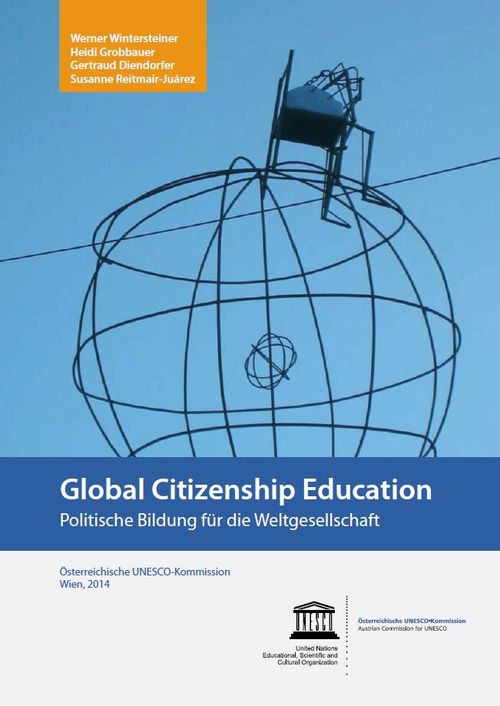
Global Citizenship Education: Citizenship Education for Globalizing Societies
Global Citizenship Education offers a necessary, inventive and further reaching thought structure, essential for education in these times of globalization and global society. This booklet deals with definitions and concepts in the context of Global Citizenship Education, discusses some fundamental questions und puts a focus on the requirements needed for practicing Global Citizenship Education.
- Global Citizenship Education: Citizenship Education for Globalizing Societies 2 MB (pdf)
Austrian Commission for UNESCO (ed.), 2015. 56 pages, ISBN Nr. 978-3-902379-02-3
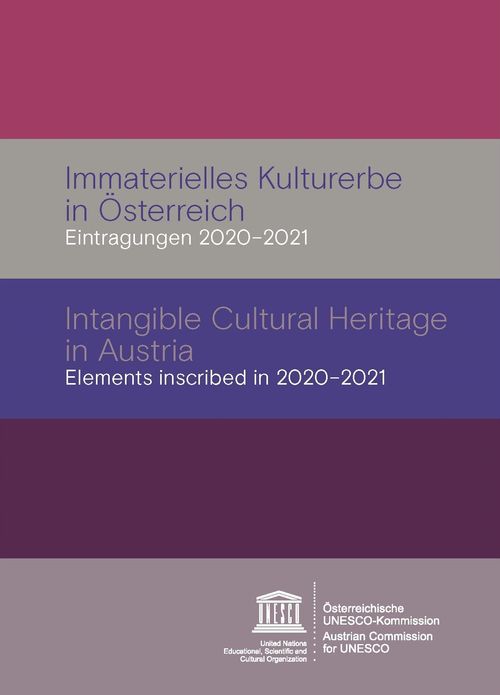
Inventory of the intangible cultural heritage in Austria
In accordance with the UNESCO Convention on the Safeguarding of the Intangible Cultural Heritage, signed by Austria in 2009, Austria has committed itself to establish and manage the National Inventory of Intangible Cultural Heritage. The publication documents and illustrates the diversity of cultural expressions in Austria, registered from 2010 to 2021 with a focus on the latest registrations during the years 2020-2021.
- Inventory of the intangible cultural heritage in Austria, elements inscribed in 2020-2021 4 MB (pdf)
Austrian Commission for UNESCO (ed.), 2021 - Inventory of the intangible cultural heritage in Austria, elements inscribed in 2018-2019 / single pages 4 MB (pdf)
Austrian Commission for UNESCO (ed.), 2019 - Inventory of the intangible cultural heritage in Austria, elements inscribed in 2018-2019 / double pages 4 MB (pdf)
Austrian Commission for UNESCO (ed.), 2019 - Inventory of the intangible cultural heritage in Austria, elements inscribed in 2016-2017 3 MB (pdf)
Austrian Commission for UNESCO (ed.), 2017 - Inventory of the intangible cultural heritage in Austria, elements inscribed in 2014-2015 3 MB (pdf)
Austrian Commission for UNESCO (ed.), 2015 - Inventory of the intangible cultural heritage in Austria, elements inscribed in 2012-2013 3 MB (pdf)
Austrian Commission for UNESCO (ed.), 2013 - Inventory of the intangible cultural heritage in Austria, elements inscribed in 2011 3 MB (pdf)
Austrian Commission for UNESCO (ed.), 2011 - Inventory of the intangible cultural heritage in Austria, elements inscribed in 2010 3 MB ()
Austrian Commission for UNESCO (ed.), 2010
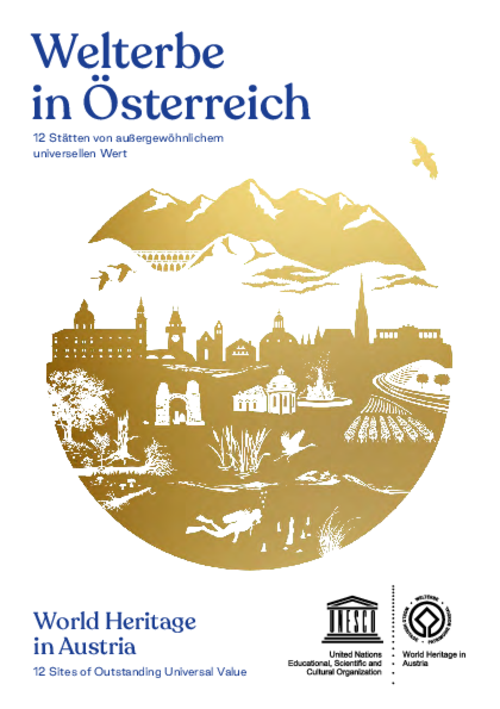
World Heritage in Austria
This brochure presents the twelve World Heritage Sites in Austria in German and English language.
- World Heritage in Austria 3 MB (pdf)
Austrian Commission for UNESCO (ed.), 2021
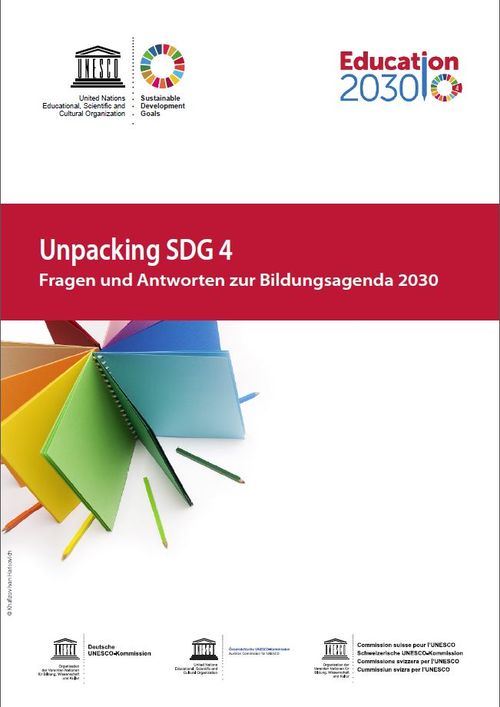
Unpacking Sustainable Development Goal 4: Education 2030 - Guide
This guide provides an overview of the Education Agenda 2030, which is anchored in Goal 4 of the Sustainable Development Goals (SDGs). It provides guidance for a deeper understanding of the education agenda in the context of the 17 Sustainable Development Goals (SDGs) as a whole and is intended to promote their effective implementation. The guide therefore outlines the key features of the 2030 Education Agenda 2030 and also explores how its implementation can take place at the national level.
- Unpacking SDG 4 2 MB (pdf)
German Commission for UNESCO; Austrian Commission for UNESCO and Swiss Commission for UNESCO (ed.), 2017. 24 pages; only available digitally
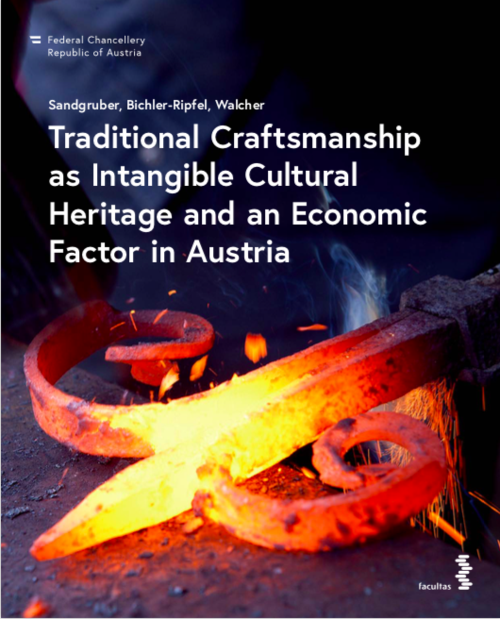
Traditional Craftmanship as Intangible Cultural Heritage and Economic Factor in Austria
The present study is the first survey on the status of traditional crafts in Austria. It includes the definition and analysis of the parameters of traditional crafts, their degree of risk and their cultural-political and economic significance in the future, based on qualitative and quantitative data. The study makes an essential contribution to the appreciation of traditional crafts as cultural heritage and economic factor.
- Traditionelles Handwerk als immaterielles Kulturerbe und Wirtschaftsfaktor in Österreich 4 MB (pdf)
Bundeskanzleramt (Hrsg.), 2016. 214 Seiten. ISBN 978-3-7089-1470-1 - Traditional Craftmanship as Intangible Cultural Heritage and Economic Factor in Austria 7 MB (pdf)
Federal Chancellery (ed.), 2019. 224 pages. ISBN 978-3-7089-1908-9
